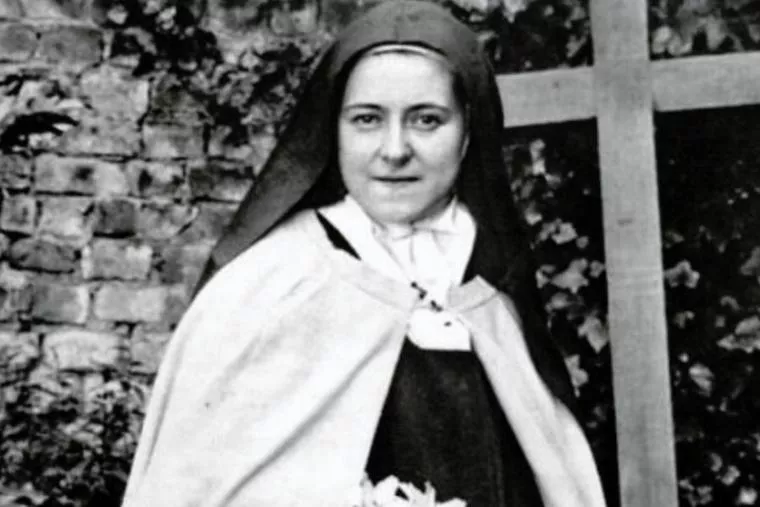How do we reach ‘spiritual effectiveness’? On the solemnity of All Saints at our second Vespers we heard a profound text from Evelyn Underhill where she poses this to us: “If we ask the saints how they achieved spiritual effectiveness…” (Concerning the Interior Life). The reply she gives is that “in so far as they did it themselves, they did it by love and prayer”. We all have both to help us, they are always present as spiritual resources if we give ourselves in faith to them. She goes on to describe love as humble and not ostentatious; and prayer that is trusting and affective, that is, heart engaged. And then this most striking statement: “Love and prayer…are not just nice words; they are the names of tremendous powers, able to transform in a literal sense human personality and make it more and more that which it is meant to be—the agent of the Holy Spirit in the world”. These two words, love and prayer, are at the center of monastic life and if we use them, we can become more and more agents of the Holy Spirit. This is not meant to puff us up and that is why Underhill describes love as ‘humble and homely’. Just look at Jesus: his love is humble. Nothing he does is about him…he is always referencing his Abba in his prayer and in his teaching, and always surrendering his will to God’s will.
Love and prayer…If we use them with humility, with unfailing trust, with the whole of our affections we will become agents of the Holy Spirit. Even with our imperfections, even with our woundedness, and yes even when we sin and then turnback to conversion, we always have these spiritual tools to strive towards spiritual effectiveness. God wants us to do our part. When we exercise the power of ‘love and prayer’ we are already united with the Source of Love for we are loving with the love that is God. Think about this: when we truly pray it is God who is praying in us. And when we love whose love are we loving with? To love one’s enemy, to love ourselves in truth, to love the person in need like the Good Samaritan, to love as Jesus loved, this exercise of love brings us back to the Source of Love.
Notice in today’s gospel (Mt 23:1-12): ‘The scribes and Pharisees, the spiritual leaders, they preach but they do not practice or live what they preach’. What does this say about their ‘spiritual effectiveness’? It is not there, and no wonder Jesus will challenge them, and, at times, call them hypocrites. Jesus goes further in this gospel: ‘Their works are performed to be seen’, they love places of honor and love to be called Rabbi. All these are reflective of hubris, not a humble posture where God is at the center.
Love that is humble, love that is not demonstrative, love exercised expecting nothing in return. Prayer that is hidden, prayer in the secret room of the heart, prayer that gives enough space within to let God pray in us, to transform our personality, those parts of who we are that need healing and conversion. Achieving spiritual effectiveness, being agents of the Holy Spirit: this is not about how many degrees one has; this is not about titles, this is not about being the center of attention or having the place of honor. To place one saint before us: Therese of Lisieux. In her young life we can see the way she embodied love and prayer: “Of love, I have had experience. Of the good, of the bad that it finds in me. It knows how to benefit (what power). It changes my soul into itself” (A Life of Love, Jean Chalon, p.208). Therese’s short life tells us simply that, like her, we can reach spiritual effectiveness and be agents of the Holy Spirit for our world.
Sr. Kathy DeVico
Chapter Talk – 31st Sunday of the Year – November 5, 2023, cycle-A


